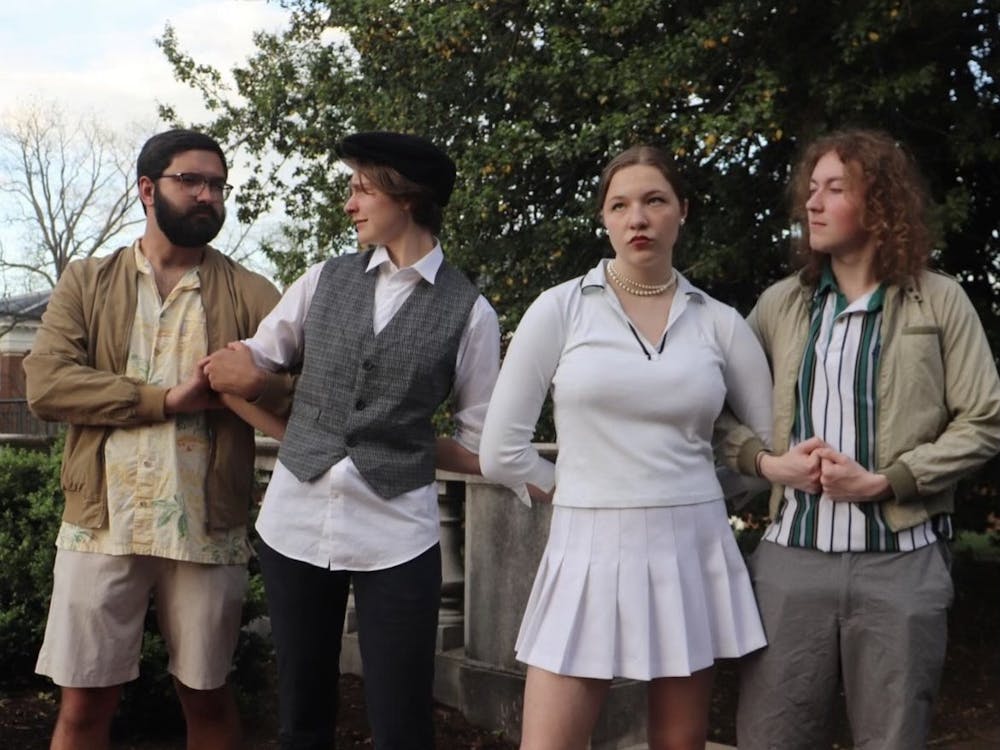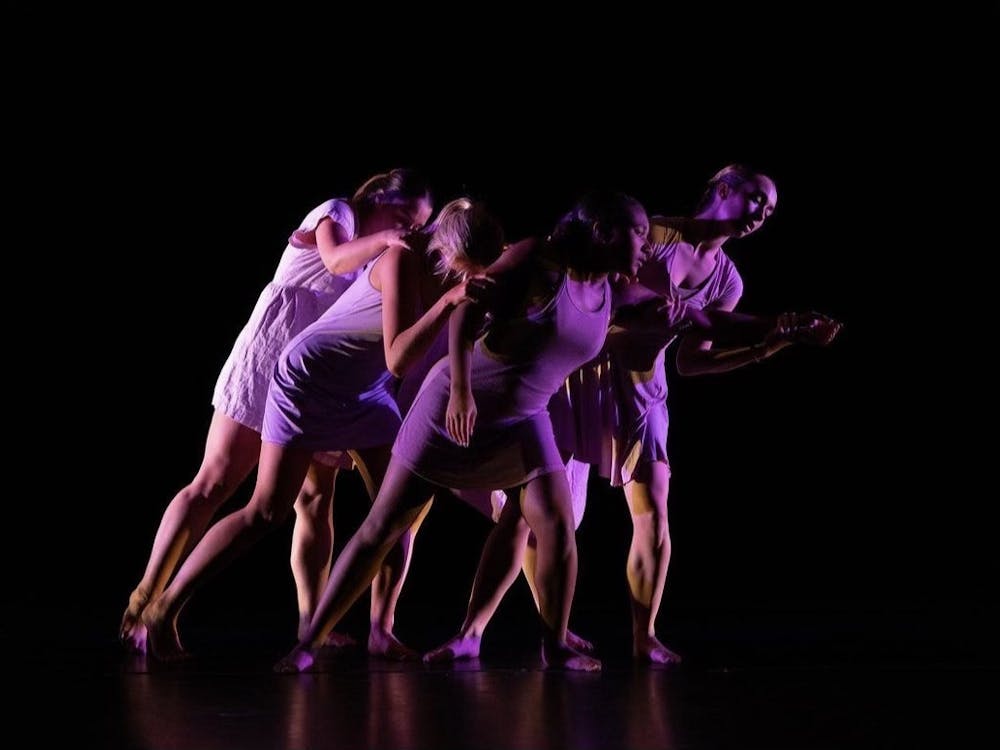This article contains spoilers for “Russian Doll.”
In season two of “Russian Doll,” Nadia, portrayed by Natasha Lyonne, and Alan, portrayed by Charlie Barnett, are trapped again. The pair involuntarily travel back and forth through time, experiencing the world as their mothers and grandmothers did, delving into the complex familial relationships that shaped them.
Nadia is a self-described “time prisoner,” and this isn’t the first unreal experience that she and Alan have shared. In the first season, the two are stuck in a time loop, dying over and over again, reliving a single day. They learn that the only way to free themselves is to rely on one another, and when each is able to help the other to survive the night, the loop closes. The second season delves deeper into the emotional baggage the characters carried through the first — Alan’s anxious perfectionism and Nadia’s fraught relationship with her mother.
This season, like the first, is anchored by Lyonne’s instantly recognizable and expressive hair, gravely voice and commanding performance as the caustic Nadia. Lyonne strikes the perfect balance between toughness and tenderness as Nadia reckons with her feelings towards her flawed mother and comes to understand her parental perspective in a new way. Nadia visits both 1980s New York and 1940s Budapest on her journey to rectify mistakes made by her ancestors, and her plot is a natural extension of her season one arc but still sufficiently distinct to merit its own exploration.
Unfortunately, in favoring Nadia’s story, the show loses focus on its other protagonist, Alan. The balance between Nadia and Alan was one of the first season’s strengths — Alan’s sensitivity acts as a key contrast to Nadia’s headstrong outlook. This season, Alan finds himself transported back to 1960s East Berlin — where his grandmother lived as a young graduate student — struggling with the responsibility of knowing the region’s future as his grandmother’s friends plot their escape. Barnett’s performance as Alan is endearing, but his character is given far less time this season compared to season one, and the purpose of his time travel adventure is never made clear. Sidelining Alan feels like a missed opportunity to develop a compelling story.
Season two also lacks the clean, cyclical rhythm of the first season. Season one’s time loop format created a tight structure that lent itself to the theme of Nadia’s emotional spiral, and to the audience’s growing understanding of the nature of her situation. It repeatedly grounded itself in the same time and place, revealing each unnerving shift in Nadia’s surroundings as she became unstuck from reality. Season two’s scope is more broad and its structure is more fluid, losing the neatness that came with the first season’s repetition.
But alongside these weaknesses, this season also has a lot of strengths. The soundtrack is memorable, using thematic nods to setting with Falco’s “Der Kommissar” and to the prior season with Harry Nilsson’s “Gotta Get Up.” The visuals of Nadia and Alan’s warped reality are beautifully dreamlike.
The season’s new cast members represent another strength. Annie Murphy joins the cast as a younger version of Ruth — the surrogate mother who raised Nadia in the absence of her real mother — and she is a standout in the role. Murphy, along with Elizabeth Ashley as the older Ruth, act as moving and effective emotional anchors throughout the season.
The show is also enduringly clever, and this season introduces us to an exploration of time travel that is mind-bending and original. “Russian Doll” creatively signals the characters’ surreal experiences, and the role of an unassuming subway train in transporting Nadia and Alan through time and space is especially well-conceived.
This new season of “Russian Doll” doesn’t feel completely necessary, but that’s okay. Creators Amy Poehler, Leslye Headland and Natasha Lyonne make the intelligent choice not to burden themselves with an explanation of why this is happening to Nadia and Alan for a second time. Instead, they trust the emotional truth of the subject matter to justify the story, and it works.
“Russian Doll” tackles generational trauma with wit and empathy, bolstered by excellent performances from each member of the cast. It isn’t perfect, but it is smart, original and imbued with genuine emotion.





